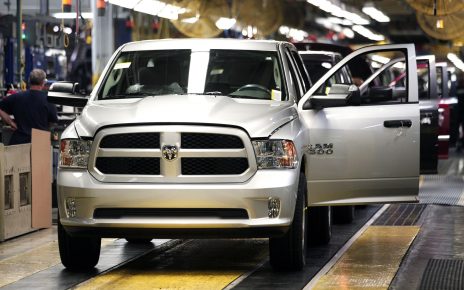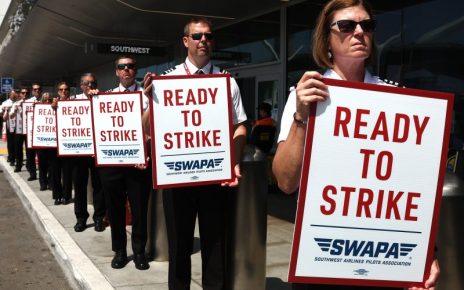
Americans generally view the US economy as strong. Unemployment is at a 50-year low and the stock market is at record levels. Consumers have more money in their pockets due to increased paychecks and bonuses from the Tax Cuts and Jobs Act of 2017, and they are enjoying some of the lowest gas prices in years. Despite all of these positive economic indicators, many Americans are feeling uneasy.
A recent survey by the Pew Research Center found that, while a majority of Americans are feeling positive about the economy, only 38 percent say they are “very satisfied” with the current state of the economy. This sentiment has been echoed in other polls, with most voters viewing the nation’s economy as only “fair” or “poor.”
The disconnect between economic indicators and public sentiment can be attributed to several factors. Many survey respondents cited the nation’s growing income inequality gap, increasing health care costs, and rising prices as areas of concern. Additionally, the survey found that most Americans prefer a socialist style of government and feel that capitalism is leading to a less equal society.
So far, these feelings of unease have not translated into political choices. The upcoming midterm elections in November will be a real test of whether voters will put their economic worries into action at the ballot box.



